Synodality “is the specific modus vivendi et operandi of the Church…” -Vatican’s Synod 2021-24 website, under “What is Synodality?”
By Christina Deardurff
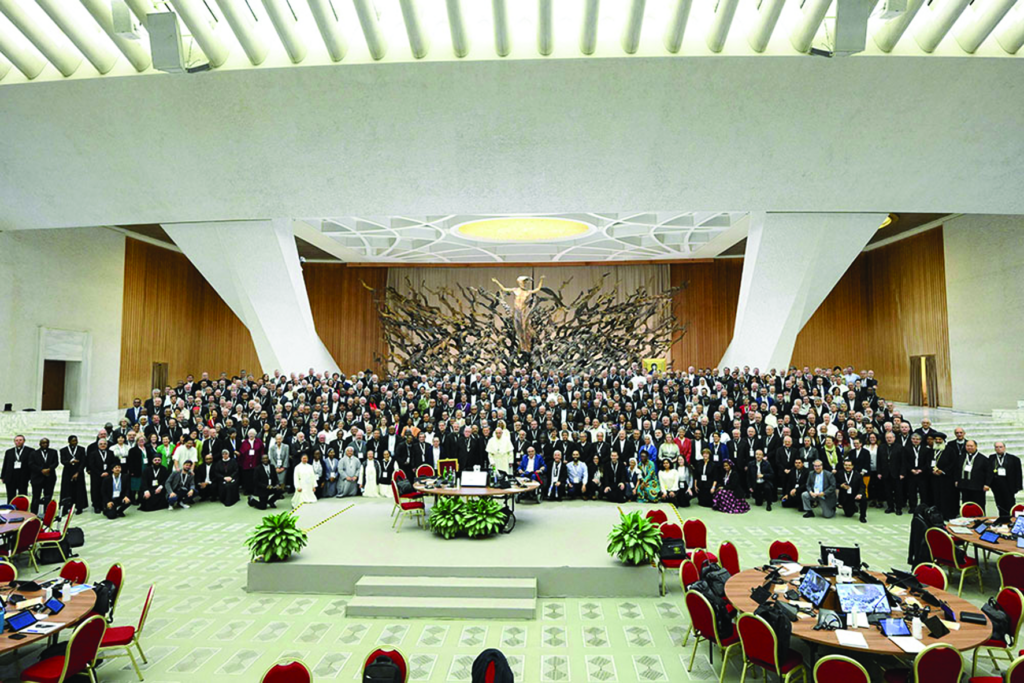
A large group photo from the last week of the Synod. (Photo: Secretaria Generalis Synodi-Facebook)
Three years after the first announcement came from the Vatican that the Church was about to embark on a multi-stage, multi-year, worldwide process of becoming “a more synodal Church” – “synodal” being a term that few Catholics, even clergy, could actually define at the time – we have reached a semi-culmination of the process.
October 29 was the final day of the 25-day-long 2023 Synod on Synodality, which was preceded by diocesan, country-wide and continental preparatory gatherings beginning in 2021. It is not really the end of the Synod, however, which is scheduled for a “part two” in October 2024. What was accomplished at this year’s endlessly anticipated, prepared, observed and commented-on Synod?
Practically speaking, it may take years to find out. On the other hand, a sketch of the practical implications of synodality was already present in the 2021 “Preparatory Document” written for the opening of the whole synodal process. It explained that “structures and ecclesial processes” would need to be put in place at all levels of the Church.
An example it cites are parish pastoral and financial councils; another is diocesanand Church-wide events which involve the whole body of the faithful in “decisionmaking.”
The document says that “the advanced demands of modern consciousness concerning the participation of every citizen in running society, call for a new and deeper experience and presentation of the mystery of the Church as intrinsically synodal.”
This seems to suggest that the Church must somehow reflect the democratic model of governing that 21st-century people are accustomed to (at least in the West: as reported by the Pew Research Center, as of 2019, just over half of the world’s nations were considered “democratic,” but most are in North and South America and Western Europe).
(Concrete evidence that the influence of the West has been heavily weighted: nearly half (30 of 62) of the Synod’s non-voting “experts/facilitators” come from Europe, while only four come from all of Africa, despite the fact that the Catholic population on that continent is nearly equivalent to Europe’s.)
So it is not entirely clear that this type of “synodal” governance is really in the “modern consciousness” of all, or even the majority, of Catholics worldwide, nor is it clear how this concept differs from that which Pope Francis dismissed as a “parliamentary” model of the Church when he said in 2015 that a synod “is neither a convention, nor a parlor, nor a parliament or senate.”
So what is it?
In his article in the Winter 2021 edition of the Catholic journal Communio, American theologian Nicholas Healy of the John Paul II Institute set the stage for consideration of the meaning and role of “synodality” in a definitive way.
Healy notes that “The contemporary emphasis on synodality can be traced to Pope Paul VI’s decision in September of 1965 to reintroduce the practice of regular meetings of bishops to address issues of concern for the universal Church.”
Healy explains that since Pope Paul VI decided to institute a regular Synod of Bishops in 1965, “synodality” — a hitherto unknown term — has been understood in the Church rather as “collegiality” between all the bishops and the Pope as they exercise their shared responsibility for the universal Church in hierarchical communion.
“The new idea,” says Healy, “that has gained currency in recent years is that ‘synodality’ pertains to the essence of the Church and every aspect of the Church’s life and mission. In the words of Pope Francis, ‘Synodality is a constitutive element of the Church.’ The inauguration of a multiyear ‘synodal process’ involving the whole Church and culminating in an Ordinary General Assembly of the Synod of Bishops on the theme of synodality in 2023 is the most visible expression of this “synodal ecclesiology.”
Theological foundations
Pope Francis proposes synodality as the new operative mode of the Church. Are there actually theological foundations for this doctrine?
Healy answers, “The first and most basic concern of synodal ecclesiology is an awareness of the common dignity and vocation of all the members of the Church. By virtue of the sacrament of baptism, all of the faithful participate in the priestly, prophetic, and kingly offices of Christ.”
He continues, “Undergirding the participation and co-responsibility of all the faithful is the doctrine of the sensus fidei fidelium.”
The Catechism of the Catholic Church, no. 92, explains the sensus fidei thus:
“The whole body of the faithful, who have an anointing which comes from the holy one (cf. 1 Jn 2:20,27), cannot err in matters of belief. This characteristic is shown in the supernatural sense of the faith (sensus fidei) of the whole people of God, when ‘from the bishops to the last of the faithful’ it manifests a universal consensus in matters of faith and morals.”
“What is arguably missing,” comments Healy, “from the various documents on synodality or the synodal process is an adequate reflection on the source and meaning of hierarchical authority in the Church. […] “In this context, it is necessary to recall the sacramental nature of ecclesial authority. Hierarchical ministry is not delegated or authorized by members of the Church; it is a gift of grace.”
In contrast, the specific vocation of the laity is defined as of a “secular character.”
In the words of Lumen Gentium, the laity “are called by God so that they, led by the spirit of the Gospel, might contribute to the sanctification of the world, as from within like leaven, by fulfilling their own particular duties.”
“Looked at in this light,’ says Healy, “the synodal process, as described in the relevant documents, seems liable to a subtle ‘clericalization’ of the laity, in the sense that their contribution to the life and mission of the Church is measured by the extent of their involvement with tasks that are specific to the hierarchical ministry of the Church.”
“The sacramental nature of ecclesial authority arguably suggests a path of reform somewhat different from the idea of ‘promoting participation in decision-making’ proposed by the synodal process.
“True reform, then, demands a return to the life-giving source of authority, Christ himself.
“This is more than a moral appeal for the Church’s hierarchical ministers to act like servants.
“A return to the source of authority entails faithfully preserving the priceless gift of Christ which is the deposit of faith.”
“Do not let us promote disorder”
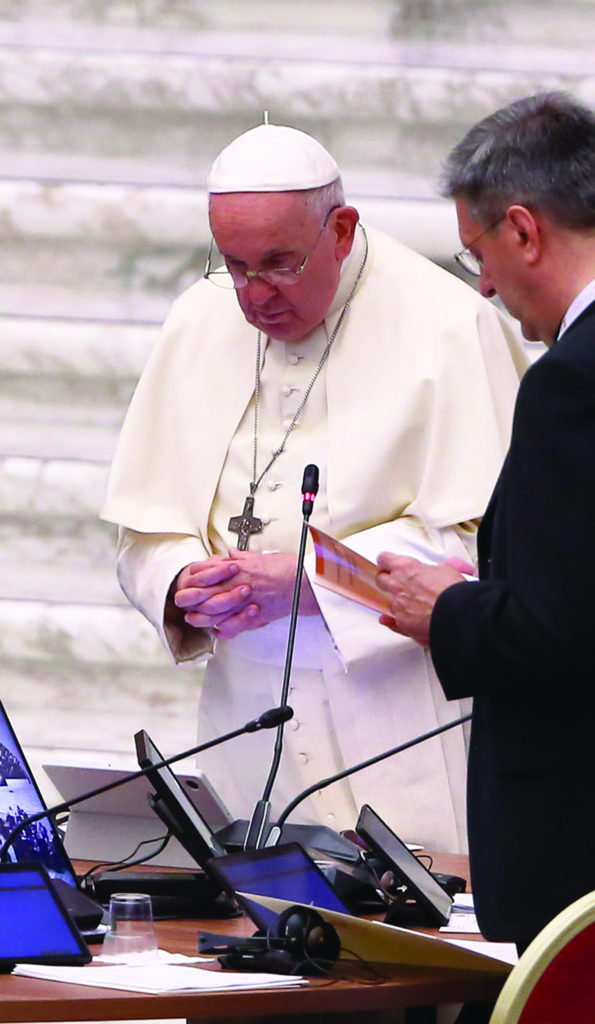
Pope Francis recites the Prayer for the Synod on Synodality on the first day (Photo: Grzegorz Galazka)
The vademecum for the synod published the following Prayer for the Synod on Synodality:
“We stand before you, Holy Spirit, as we gather together in your name. With you alone to guide us, make yourself at home in our hearts; teach us the way we must go and how we are to pursue it. We are weak and sinful; do not let us promote disorder. Do not let ignorance lead us down the wrong path nor partiality influence our actions. Let us find in you our unity so that we may journey together to eternal life and not stray from the way of truth and what is right. All this we ask of you, who are at work in every place and time, in the communion of the Father and the Son, forever and ever. Amen.”

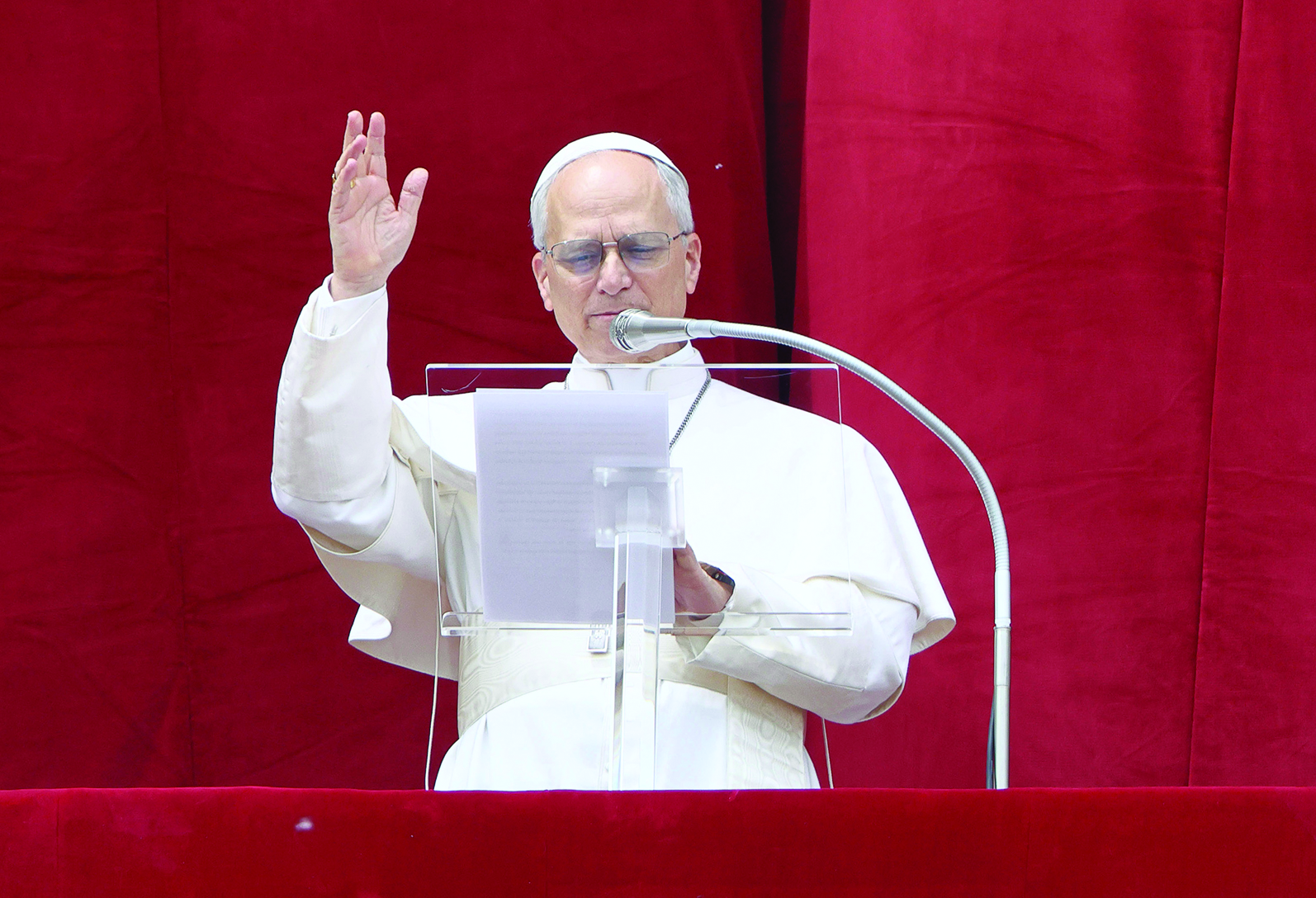
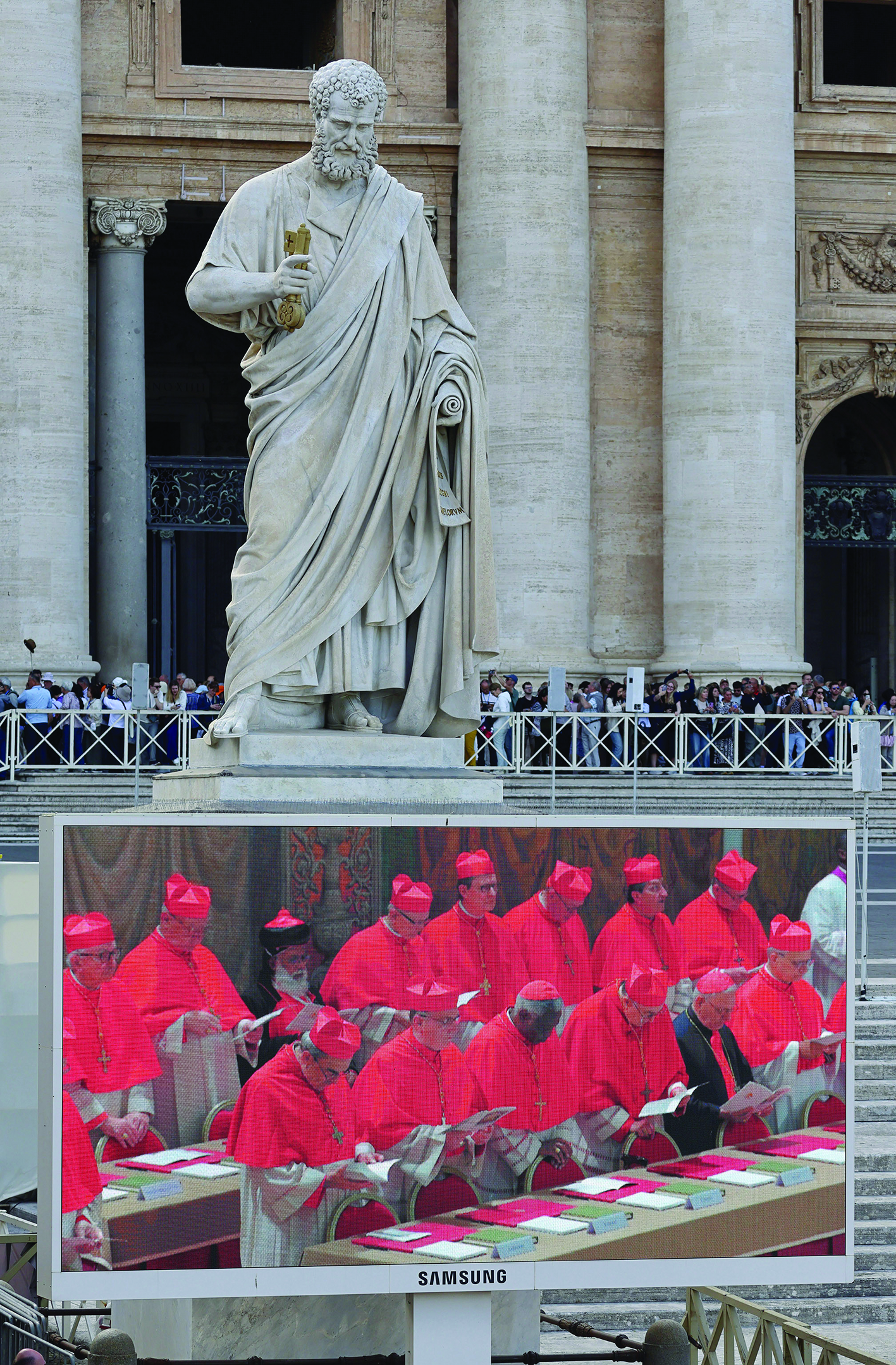
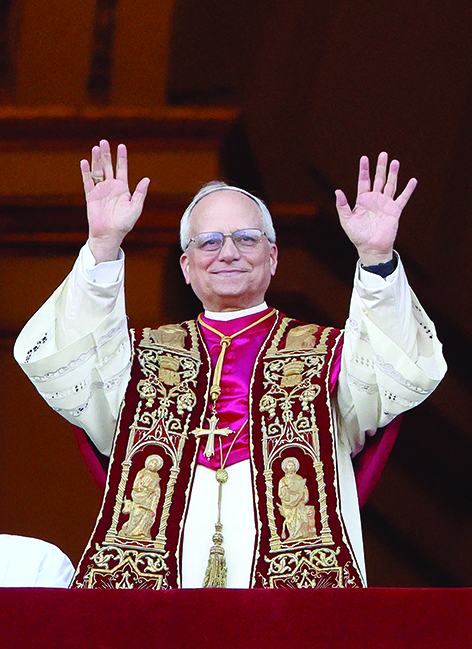
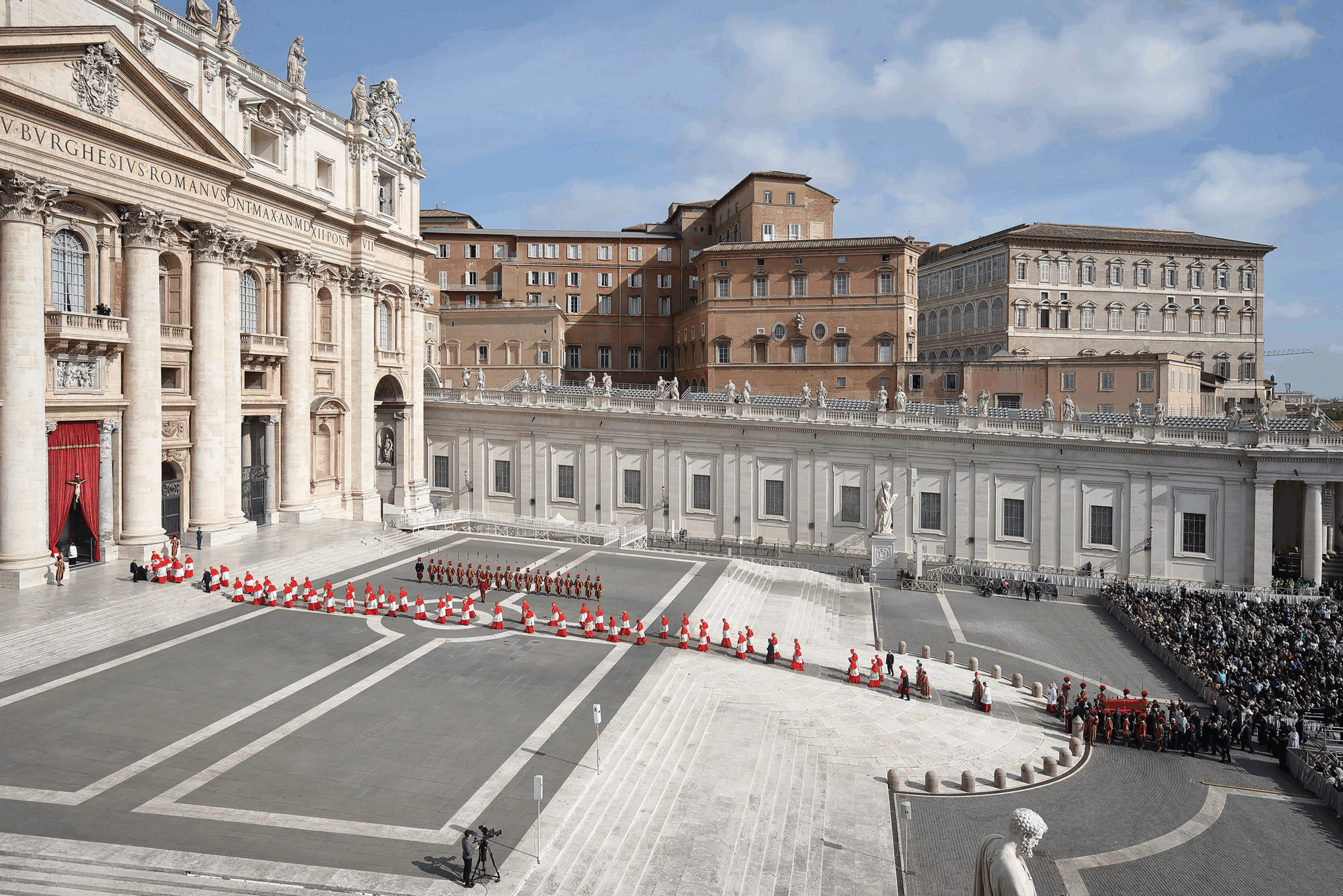
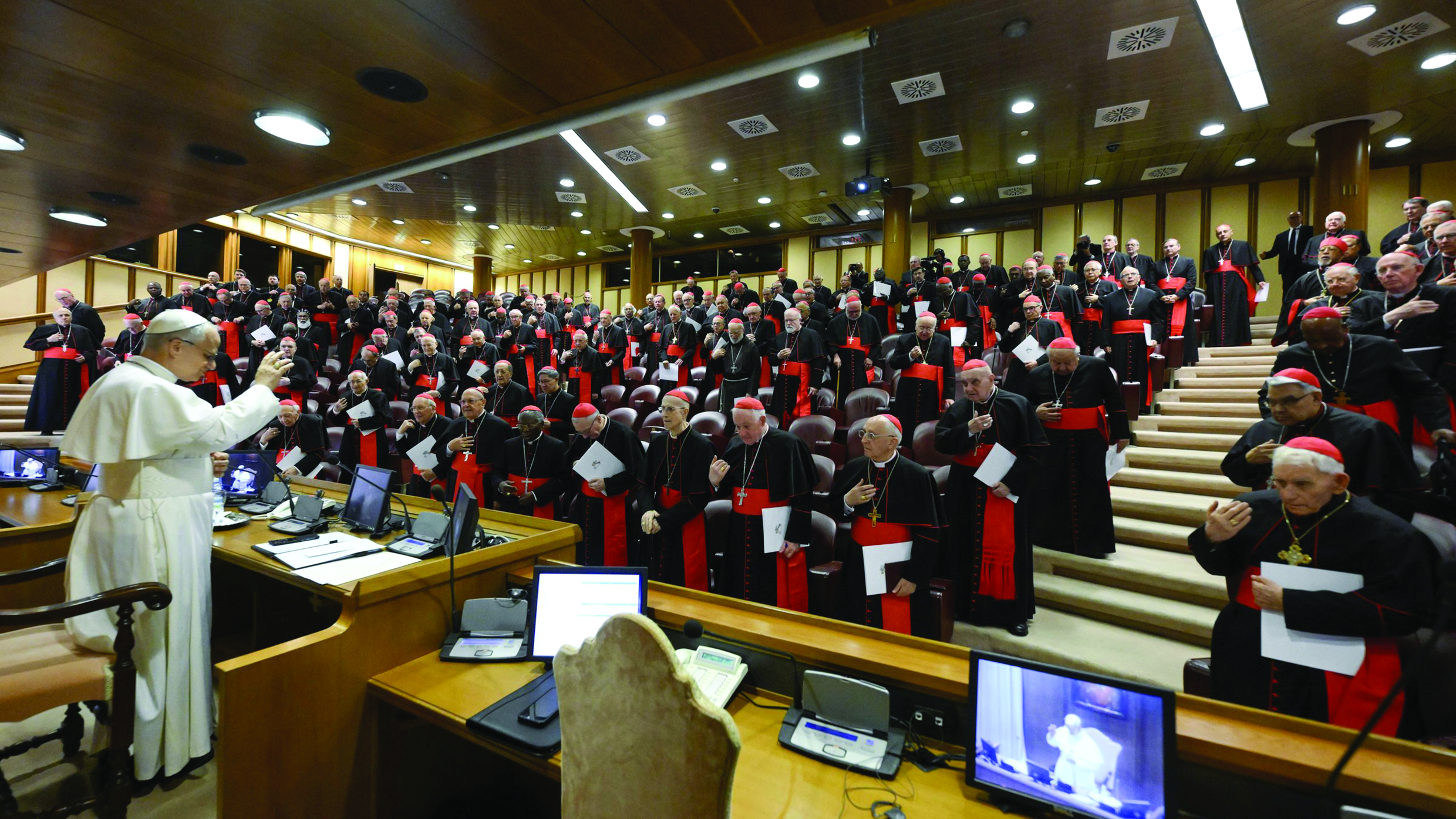
Facebook Comments